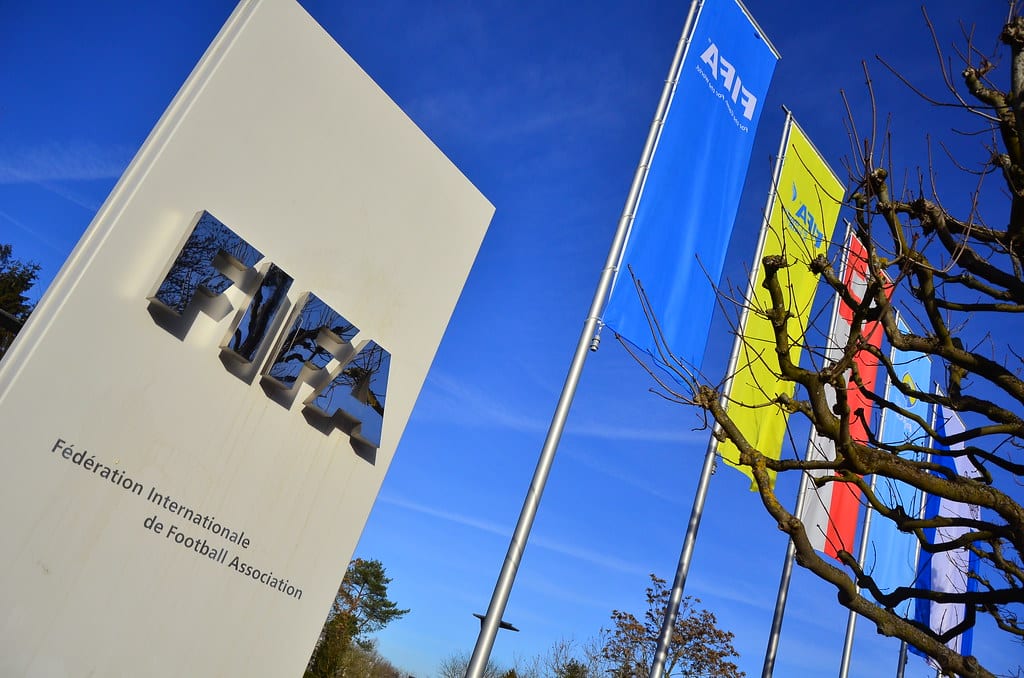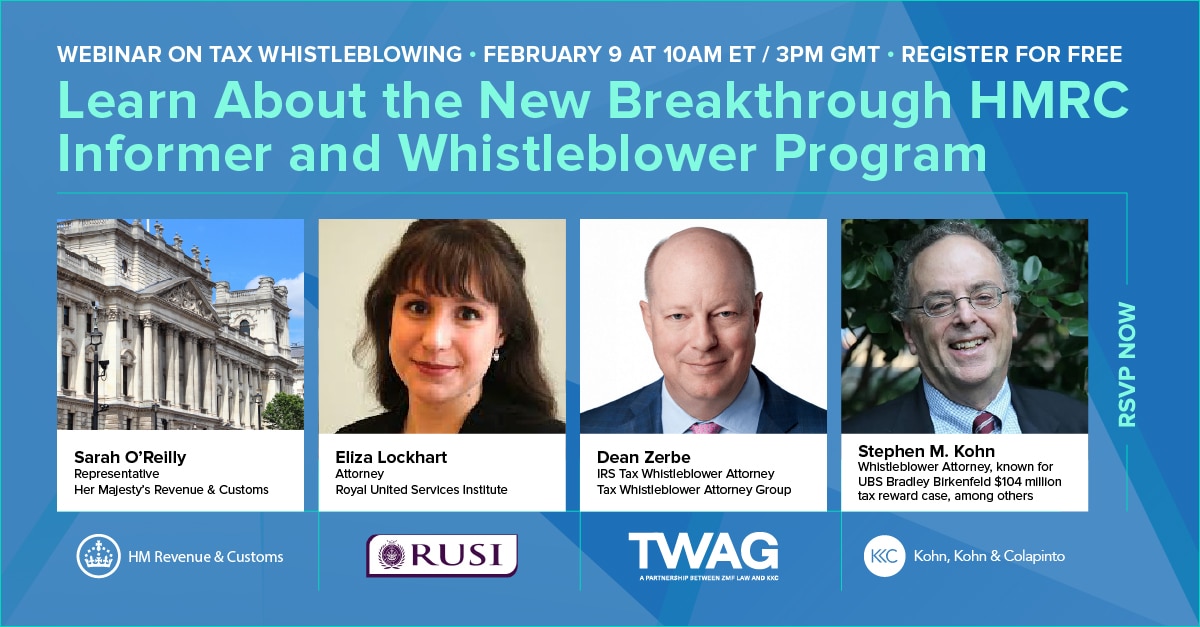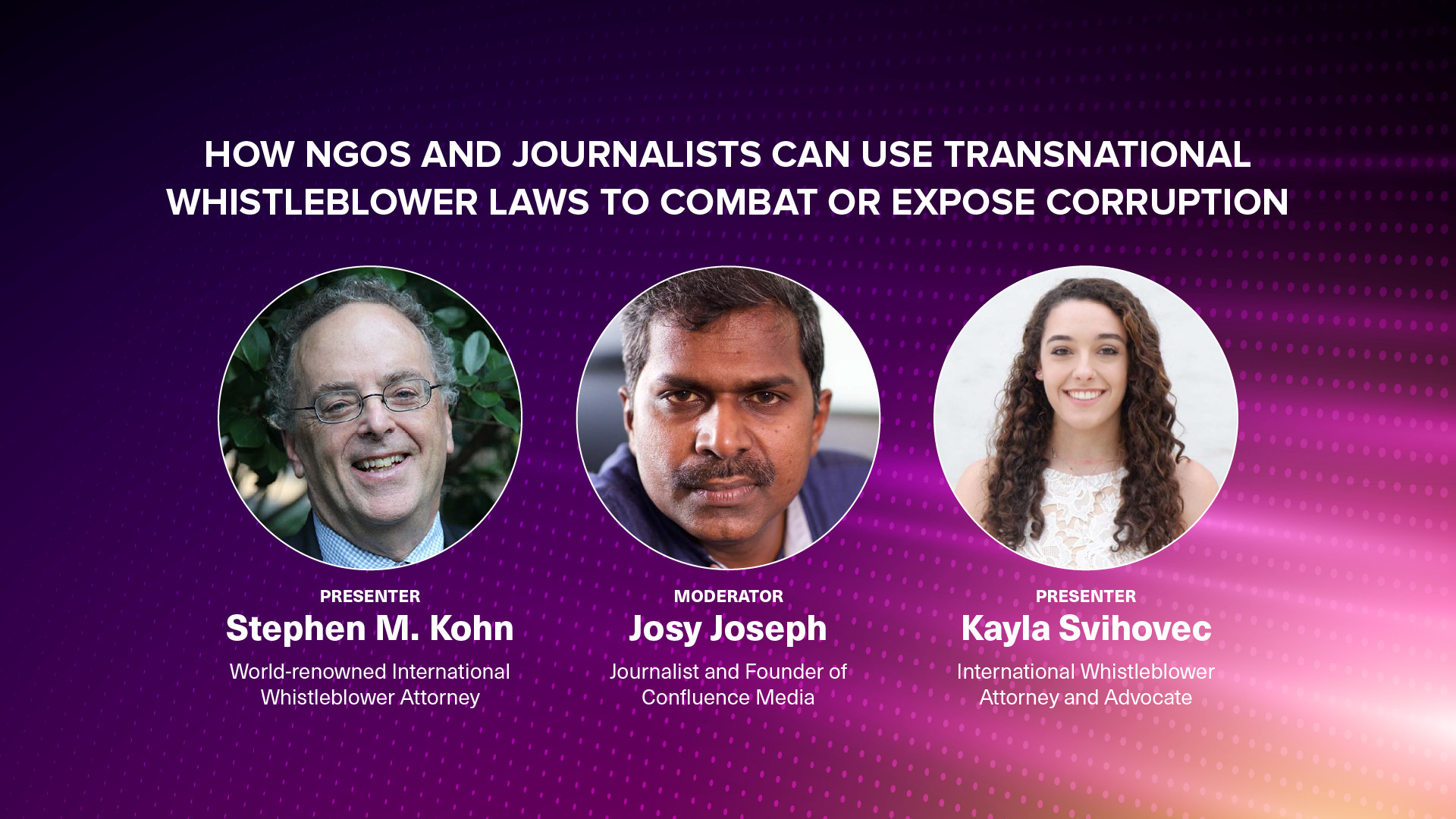Israeli Bank to Pay $30 Million for FIFA Money Laundering Violations

In 2015, the world was shocked by well-documented revelations of widespread corruption and bribery within the Fédération Internationale de Football Association (“FIFA”). At the time, the full extent of the FIFA money laundering scandal was unknown. This month, that 2015 revelation and the subsequent investigation has led to Bank Hapoalim (“BHBM”), an Israeli subsidiary of Swiss bank Hapoalim Ltd. (“HBS”), to pay $30 million of forfeiture and criminal fines.
In an April 30, 2020 press release, Assistant Director in Charge William F. Sweeney of the FBI’s New York Field Office described the difficulty in interrupting and identifying large scale sophisticated financial crimes. “This announcement illustrates another aspect in the spider web of bribery, corruption and backroom deals going on behind the scenes as soccer games were played on the field,” Sweeney said. He further explained that “Bank Hapoalim admits executives looked the other way and allowed illicit activity to continue even when employees discovered the scheme and reported it.”
Chuck Blazer, an “insider” and a former top FIFA official, provided vital evidence relied upon by the United States in securing the indictments that served as a basis for allegations against BHBM. The key to unlocking the FIFA money laundering scandal is the long reach of U.S. anti-bribery and corruption laws, which allow any person, whether a U.S. person or not, to report international financial misconduct. Yesterday, the Department of Justice reported that Bank Hapoalim would forfeit over $20 million and pay nearly $10 million in fines as a penalty for almost five years of financial misconduct.
In 2015, when this story initially made waves, Stephen M. Kohn, partner at Kohn, Kohn & Colapinto, LLP, and Chairman of the National Whistleblower Center, commented: “As the FIFA case demonstrates, many U.S. anti-bribery and corruption laws have worldwide application. What is less well known is that non-U.S. citizens have the right to confidentially or anonymously blow the whistle under most of these laws, and fully qualify for large monetary rewards.” And, that “It is unclear what role whistleblowers played in uncovering and documenting the current FIFA scandal, but it is clear that an insider/former employee of FIFA who cooperated with the Justice Department’s investigation provided key evidence necessary for the government to prosecute its case.”
In 2015, the full extent of the fraud within the inner workings and financial institutions like BHBM and BHS that knowingly enabled these corrupt activities within FIFA remained undisclosed. BHBM’s admission that it conspired to launder money and did facilitate bribes to corrupt FIFA officials, and the resulting $30 million to be paid as a consequence, reinforces the value of whistleblower contributions in concrete terms. This case serves as ample evidence that backroom dealings around the world can be brought to light by brave individuals who are willing to share what they know with authorities.
Whistleblower laws are potent tools available to individuals regardless of nationality or citizenship. They also provide substantial monetary rewards. When information leads to a recovery, the whistleblower is entitled to a financial award of 10%-30% of the total recovery. Another critical component of the U.S. anti-fraud program is that whistleblowers can anonymously provide information and still recover the reward. In this case, a whistleblower could have a claim for almost $10 million of the funds paid by BHBM. Due to the strict rules regarding anonymity, the world may never know whether such a claim is paid. However, the possibility of such a significant award serves as an effective incentive to other potential insiders contemplating blowing the whistle on misconduct – for example, for Covid-19 related frauds.
Read the Foreign Corrupt Practices Act Fact Sheet.
Department of Justice Press Release: Bank Hapoalim Agrees to Pay More Than $30 Million for Its Role in FIFA Money Laundering Conspiracy.
FIFA Scandal: U.S. Laws Can Reward Non-U.S. Citizen Whistleblowers.
Learn the rights of international whistleblowers have to disclose corruption and qualify as a whistleblower confidentially.




